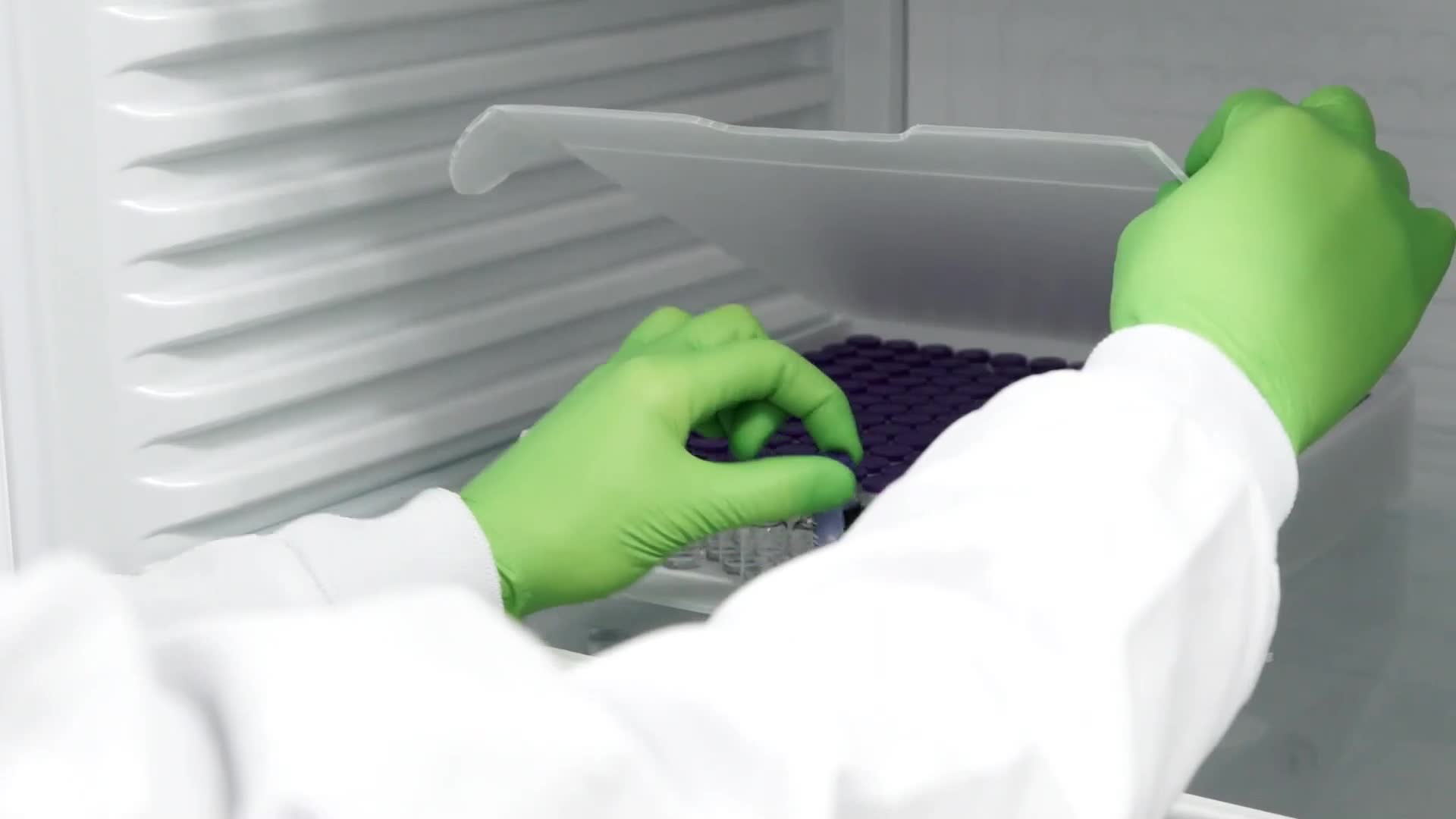Regulators questioned integrity of Pfizer/BioNTech vaccine, leaked files show

European regulators questioned the integrity of early batches of Pfizer/BioNTech’s mRNA vaccine, although the matter was resolved before approval, according to information leaked online following a cyberattack.
As it conducted its analysis of the vaccine in December, the European Medicines Agency’s systems were targeted by unknown hackers.
Following this, more than 40 megabytes of classified information from the agency’s review were published on the dark web and several journalists, including those from the British Medical Journal, were sent copies of the leaks.
In a review of the documents, the BMJ said they showed concerns over unexpectedly low quantities of intact mRNA in batches of the vaccine developed for commercial production.
Early commercial batches of Pfizer/BioNTech’s COVID-19 vaccine had lower than expected levels of intact mRNA.
According to the BMJ EMA scientists ensuring the manufacturing quality of the product found “truncated and modified mRNA species present in the finished product”.
The information was in an email sent in late November by a high ranking EMA official, which outlined a raft of issues.
As a result the EMA filed two “major objections” with Pfizer about the discrepancy between clinical and commercial batches of the vaccine.
The email identified “a significant difference” in percentage of RNA integrity and “truncated species” between the clinical batched and proposed commercial batches – from around 78% to 55%.
However the issues seemed to have been resolved by 21st December when the EMA authorised the vaccine.
The documentation was not complete and the leaks did not show how the agency’s concerns were satisfied, the BMJ added.
One leaked email dated 25th November suggested that positive news from an undisclosed source may have helped assuage the regulator’s concerns.
That email indicated that the percentage of intact RNA was “back at around 70-75%”, with the source saying the EMA is “cautiously optimistic that additional data could address the issue.”
The EMA told the BMJ that the leaked information was partially doctored, explaining in a statement that while individual emails are authentic, data from different users were selected and aggregated.
Screenshots from several folders and mailboxes were created and additional titles added by the hackers, the EMA said.
The BMJ noted that the episode highlights the challenges of mRNA-based medicine, something that was conceived three decades ago.
The fragility of the mRNA has hindered progress of the technology, which could transform cells of the body into “drug factories”.
Rivals vaccines from Moderna and Curevac are also based around mRNA technology and instability is the main reason for the ultra-cool cold chain requirements associated with these products, the BMJ noted.
Stability has also been boosted by encapsulating the mRNA in lipid nanoparticles, the BMJ added.
Feature image copyright BioNTech SE 2020, all rights reserved












